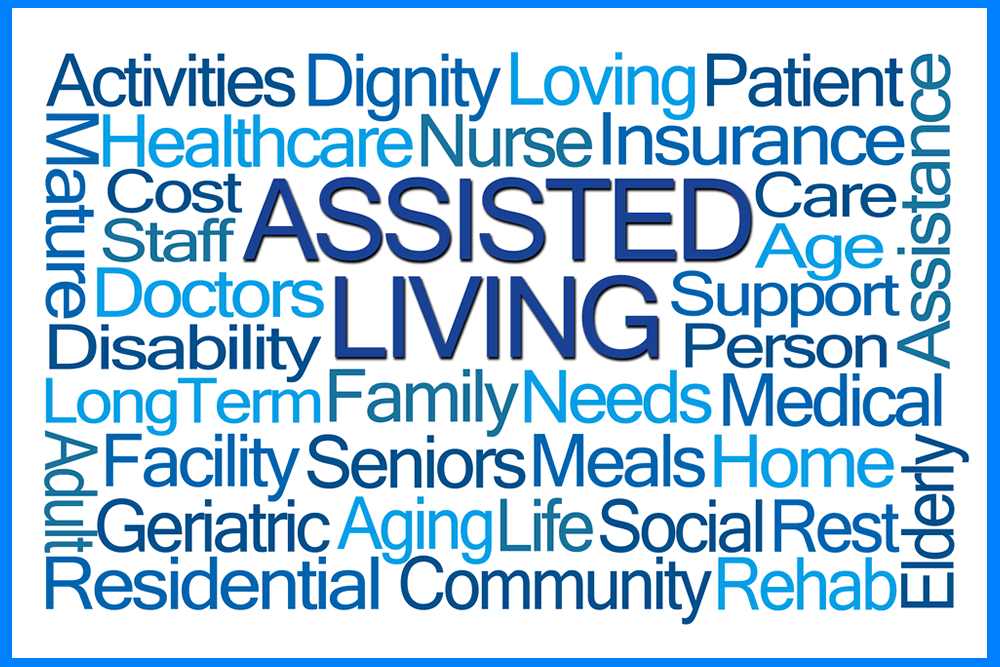What is the Difference Between Assisted Living and Other Senior Care Options?
Posted on 29-04-2024 04:29 PM

When it comes to caring for the elderly, there's a variety of options available - each with its own set of services and levels of care. Assisted living is just one such option, and understanding how it differs from other senior care choices can be quite important for making the right decision for oneself or a loved one.
Assisted living facilities are designed for individuals who need some assistance with daily activities but still desire to maintain a level of independence. Residents typically have their own apartments or rooms and are provided with meals, help with medications, bathing, dressing, and transportation services. What sets assisted living apart is its focus on fostering independence while still offering support; it's like having a safety net that allows seniors to live their lives without the constant worry about those little things that might've become challenging.
Now, on the flip side (there’s always another side), we have nursing homes which provide more comprehensive medical care. Unlike assisted living residences where medical attention is available but not as intense, nursing homes are equipped for those requiring 24-hour supervision and skilled nursing care. So if someone’s health condition demands extensive medical attention – think chronic illness or severe mobility issues – then a nursing home might be the more suitable choice.
Then again (transition phrase), there's in-home care - where professionals come to the senior's own home to offer necessary assistance. This could range from cooking meals to providing medical care depending on what’s needed. It’s perfect for elders who prefer staying in familiar surroundings (who wouldn’t?), yet it can get pricey since you're paying for one-on-one service.
On top of these, there are also independent living communities which cater to relatively active seniors who don't require much assistance at all. These communities often offer amenities like fitness centers and social events – imagine an exclusive club! No significant personal or medical care here though; it's all about lifestyle rather than hands-on support.
And let's not overlook memory care units specifically designed for individuals with Alzheimer’s disease or dementia. These specialized facilities provide structured environments and routines alongside increased supervision to ensure safety and manage symptoms effectively.
In summing up (hey look, no repetition!), while they may seem similar at first glance, assisted living offers a unique blend of autonomy and aid that isn't matched by other senior care options such as nursing homes, in-home care services, independent living communities or memory care units! Each has its niche catering to different needs and preferences. Therefore (interjection!), when deciding on eldercare solutions, it's crucial not only to consider present requirements but also anticipate potential future needs - ensuring that whichever path is chosen leads to comfort and happiness in those golden years!